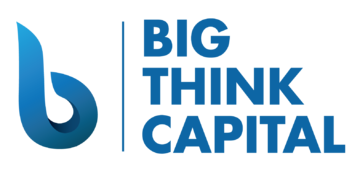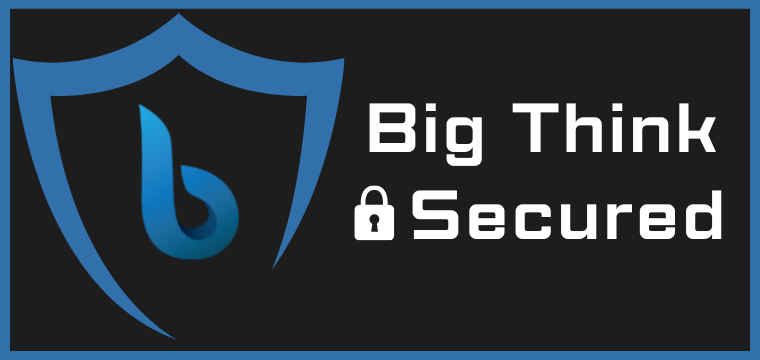
Are you a business owner in need of financial support to grow your enterprise? Look no further than the Small Business Administration (SBA) and their popular 7(a) loan program. In this comprehensive guide, we’ll delve into the details of SBA 7(a) loans, how they can benefit your business, and how you can secure the funding you need.
What Are SBA Loans?
SBA loans are financial products designed to assist small businesses in obtaining capital for various purposes. The SBA does not directly lend money but rather guarantees a portion of loans provided by approved lenders, making it easier to access funding. The SBA offers multiple loan programs, each catering to specific needs. One of the most sought-after programs is the SBA 7(a) loan.
What Makes Them Great Financing Tools?
SBA loans, including the 7(a) program, offer several advantages over conventional loans. Firstly, they have lower down payment requirements, typically ranging from 10% to 20% of the total loan amount. Additionally, SBA loans offer longer repayment terms, making monthly payments more manageable. The interest rates are competitive and fixed, providing stability and predictability for borrowers. Moreover, SBA loans often have fewer collateral requirements, making them accessible to a wider range of businesses.
What Is the SBA 7(a) Loan?
The SBA 7(a) loan program is the most popular loan program offered by the SBA. It provides financing for various purposes, such as working capital, equipment purchases, real estate, and business acquisitions. Let’s explore some key aspects:
How Strict Are the SBA 7(a) Loan Program Eligibility Requirements?
While the SBA 7(a) loan program has specific eligibility criteria, they are generally more flexible compared to traditional loans. To qualify, your business must operate for profit, fall within the size standards defined by the SBA, and demonstrate a good credit history. Additionally, the SBA considers factors such as your ability to repay the loan, collateral availability, and your personal investment in the business.
Are SBA 7(a) Loan Rates High?
SBA 7(a) loans have competitive interest rates, which are negotiated between the lender and the borrower but subject to SBA maximums. They are typically based on the prime rate plus an additional percentage determined by the lender. While the rates may vary, they are generally favorable compared to other financing options, especially for small businesses.
Where Can I Find SBA 7(a) Loan Lenders?
SBA 7(a) loans are offered by approved lenders, including banks, credit unions, and non-bank lenders. Consider the team at Big Think Capital. We have a solid track record of helping businesses secure SBA loans quickly and efficiently.
Has your business struggled to find the right lender? Work with Big Think Capital and we can help you secure the SBA loans you need!Learn How We Can Help Get You SBA Loans
What Are SBA 7(a) Loans Good for Financing?
Whether you need working capital, want to expand your operations, purchase equipment, refinance existing debt, acquire a new business, or even construct a commercial property, a versatile SBA 7(a) loan can provide the necessary funds. The loan offers flexibility and can be tailored to suit your specific business needs.
Can an SBA 7(a) Loan Be Used to Start a New Business?
Yes, an SBA 7(a) loan can be used to start a new business. However, the eligibility requirements may be more stringent for startups. The SBA will assess your personal credit history, business plan, industry experience, and the viability of the business. While starting a new business can be challenging, securing an SBA 7(a) loan can provide the financial foundation needed for success.
What Happens if You Default on an SBA 7(a) Loan?
Defaulting on an SBA 7(a) loan can have serious consequences for your business. If you’re unable to make loan payments, the lender may declare the loan in default, and the SBA guarantee kicks in. The lender can then take legal action to recover the outstanding amount. It’s essential to communicate with your lender and explore options such as loan modifications or restructuring to avoid default.
What Does the Application Process Look Like?
The application process for an SBA 7(a) loan involves several steps. You’ll need to gather relevant documentation, such as financial statements, tax returns, business plans, and personal background information. The lender will review your application and assess your creditworthiness, business viability, and ability to repay the loan. The process may take time, but with the guidance of an experienced lender, you can navigate the application process more efficiently.
Can a Professional Help Speed Up the Process of Acquiring Your Loan?
Absolutely! Working with a professional lender experienced in SBA loans, like Big Think Capital, can significantly speed up the loan acquisition process.
We have an in-depth knowledge of SBA loan programs, understand the application requirements, and can guide you through each step. Our expertise streamlines the process, ensuring all necessary documentation is in order and increasing the chances of a successful loan application.
Secure SBA Loans Easily With Big Think Capital
Now that you have a comprehensive understanding of SBA 7(a) loans, their benefits, and the application process, it’s time to take the next step towards securing the financing your business needs. At Big Think Capital, we specialize in helping small businesses access SBA loans quickly and efficiently. With our expertise and commitment to personalized service, we can guide you through the entire loan application process, increasing your chances of success. Visit our website or contact us today to learn more about how we can assist you in obtaining an SBA 7(a) loan for your business’s growth and success.








